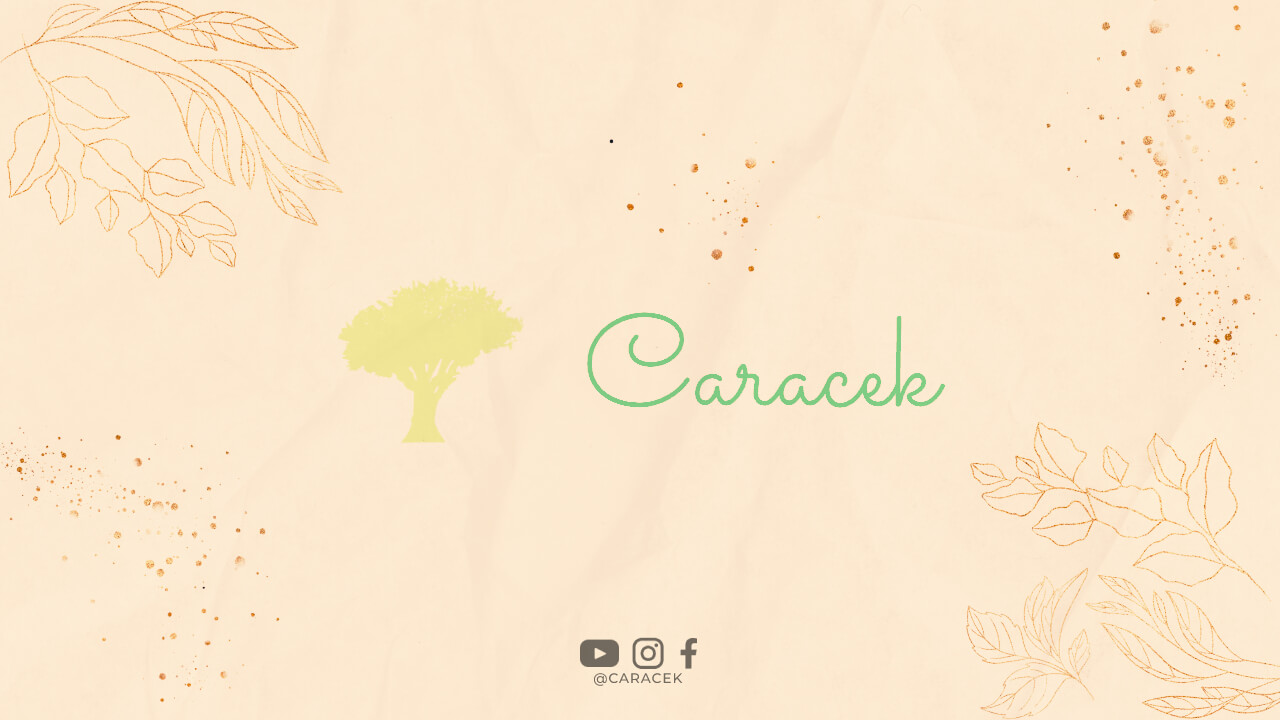Introduction
Indonesia, with its diverse culture and traditions, has a unique practice called hiwalah. This traditional system of transferring property rights has been an integral part of Indonesian society for centuries. In this article, we will explore the concept of hiwalah, its significance, and how it is practiced in modern-day Indonesia.
What is Hiwalah?
Hiwalah, also known as harta peninggalan, refers to the transfer of property or inheritance from one person to another. It is a legal process that ensures the rightful distribution of assets after the death of the property owner. Hiwalah is deeply rooted in Indonesian culture, reflecting the importance of family ties and the preservation of wealth within the community.
The Importance of Hiwalah
Hiwalah plays a crucial role in Indonesian society as it ensures a fair distribution of assets among family members and helps maintain social harmony. It prevents conflicts and disputes over inheritances, promoting peace and stability within the community. By following the principles of hiwalah, Indonesians aim to uphold justice and maintain strong familial bonds.
The Process of Hiwalah
The process of hiwalah begins with the death of the property owner. The immediate family members, usually the spouse or children, gather to discuss the distribution of assets. A neutral party, often a respected community leader or religious figure, may be involved in overseeing the process. The assets are then divided among the heirs according to Islamic law or any specific instructions left by the deceased.
Islamic Influence on Hiwalah
Indonesia, being the world’s most populous Muslim-majority country, has been significantly influenced by Islamic law, including the practice of hiwalah. Islamic principles guide the distribution of assets, ensuring that each heir receives their rightful share. This religious influence has further strengthened the practice of hiwalah in Indonesian society.
Modern Adaptations of Hiwalah
In recent years, hiwalah has undergone some modern adaptations to accommodate changing societal needs. While the traditional practice focused on wealth transfer after death, contemporary hiwalah also includes the transfer of assets during one’s lifetime. This allows individuals to manage their assets and ensure a smooth transition of wealth while still alive.
Hiwalah and Economic Development
Hiwalah not only serves as a means of preserving wealth but also plays a significant role in driving economic development. By ensuring a fair distribution of assets, hiwalah allows the younger generation to inherit resources, enabling them to invest in education, businesses, and other ventures. This transfer of wealth promotes economic growth and empowers future generations.
Challenges and Controversies
Despite its significance, hiwalah is not without challenges and controversies. In some cases, disputes arise over the interpretation of Islamic law or conflicting claims to assets. Additionally, the lack of proper legal documentation and records can complicate the process. However, efforts are being made to address these issues and streamline the hiwalah process.
Preserving Cultural Heritage
Hiwalah not only serves as a means of asset transfer but also plays a vital role in preserving Indonesian cultural heritage. The practice reflects the values of unity, fairness, and respect for family ties. By embracing hiwalah, Indonesians are able to maintain their cultural identity and pass down traditions from one generation to another.
Conclusion
Hiwalah, a traditional system of property transfer in Indonesian culture, holds great significance in maintaining family harmony and preserving wealth within the community. Its adherence to Islamic principles and adaptability to modern needs make it a unique practice in the contemporary era. By understanding and embracing hiwalah, Indonesians ensure a just distribution of assets and contribute to the overall economic development of the country.

